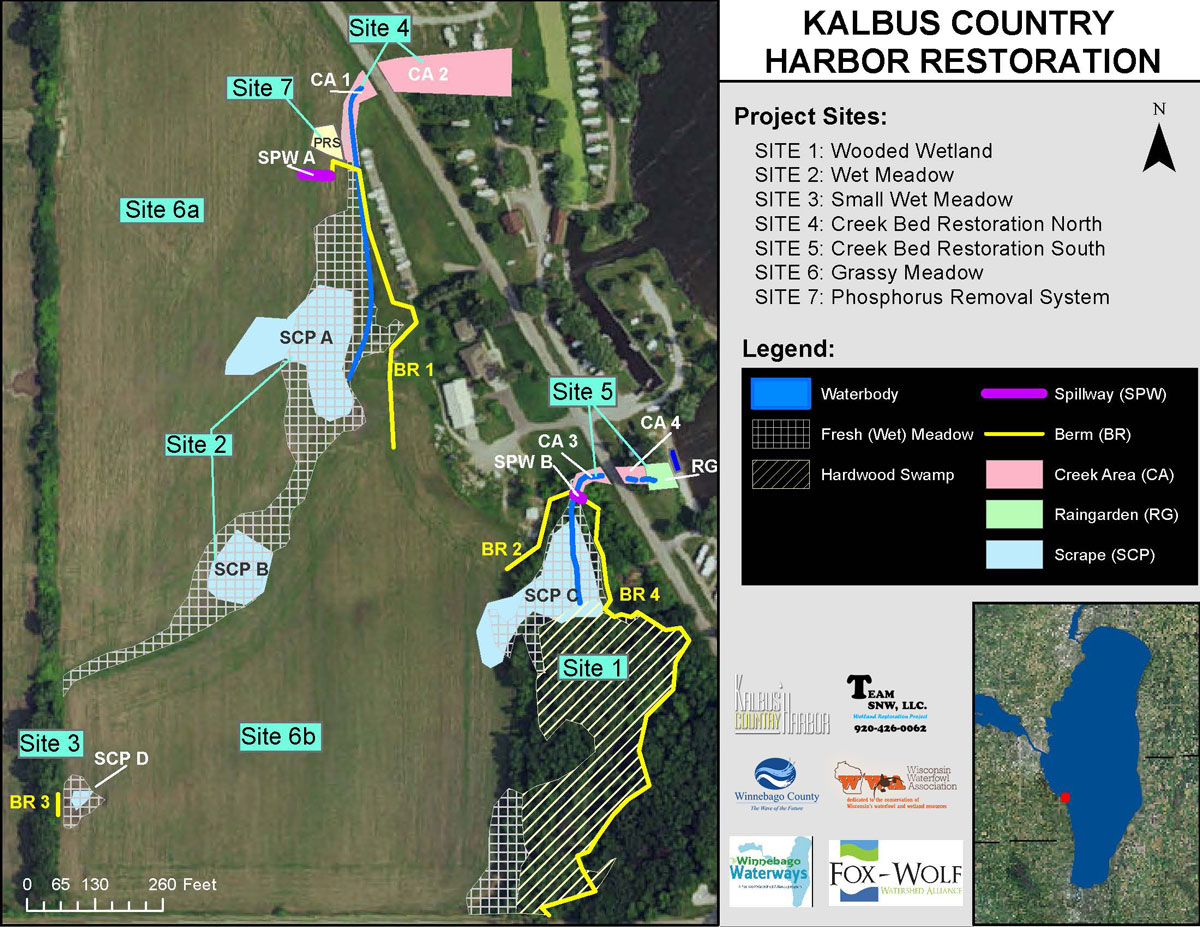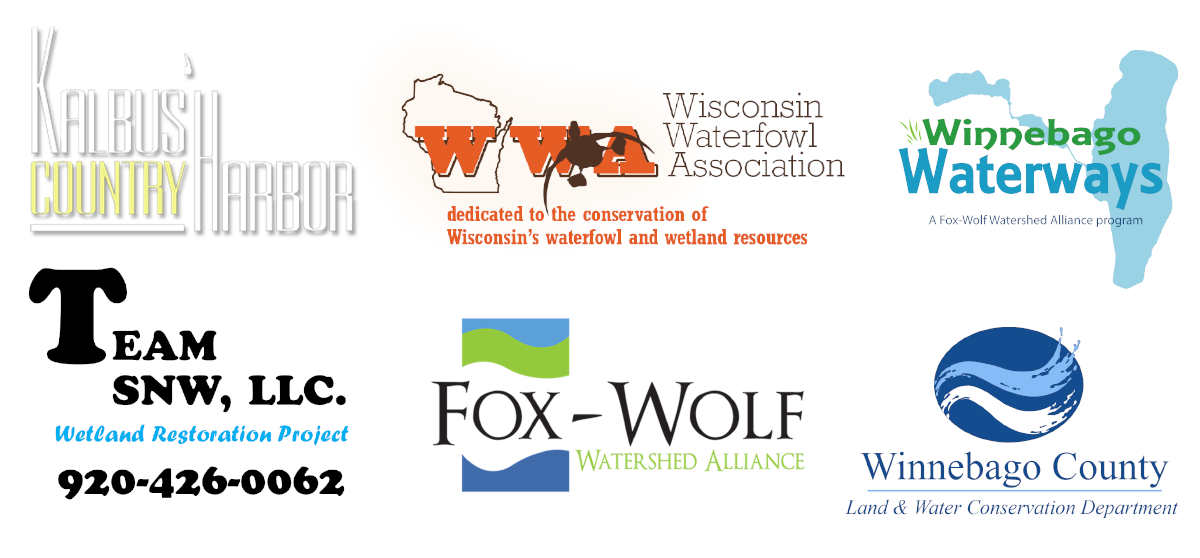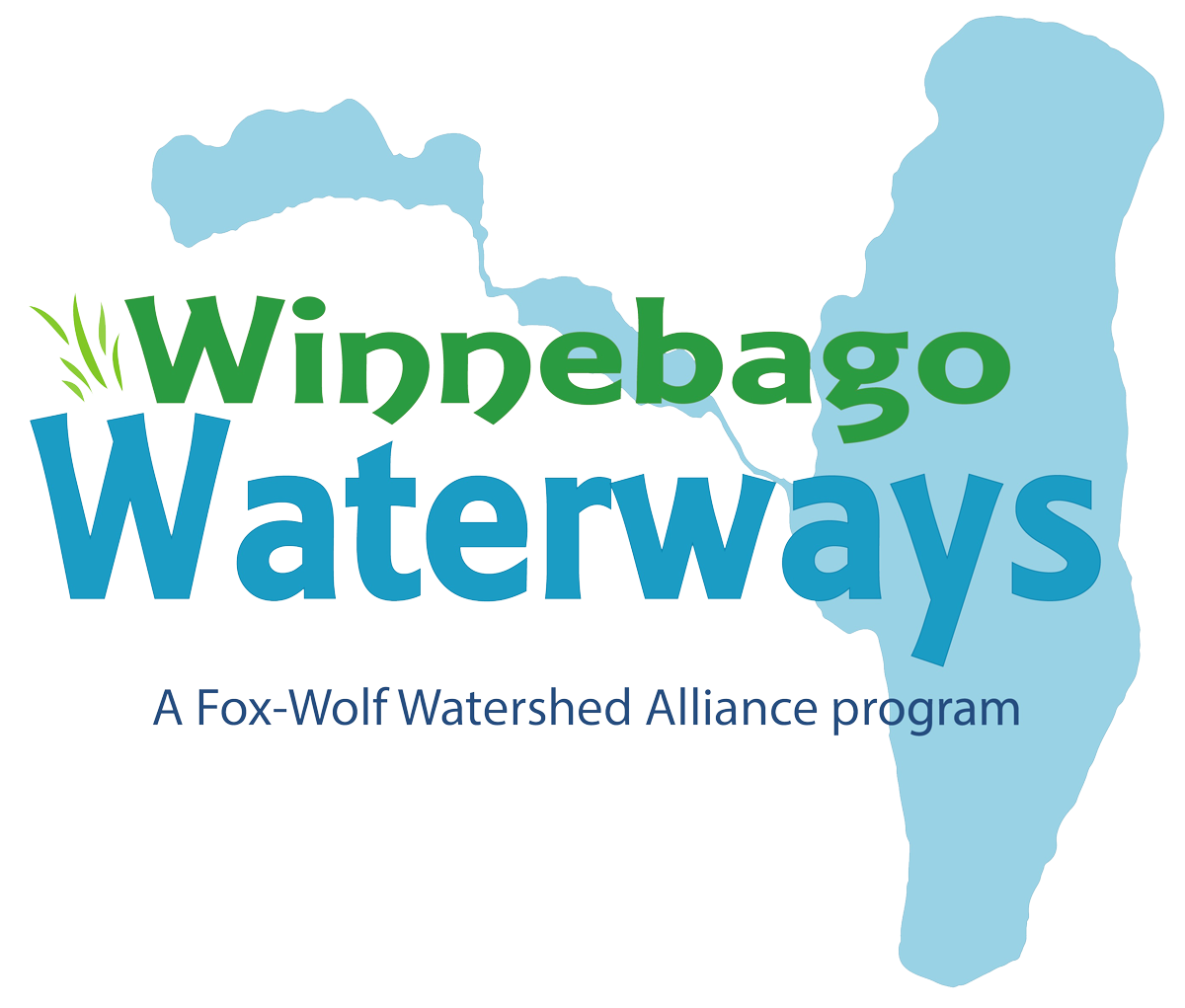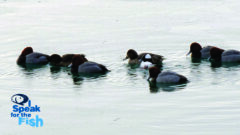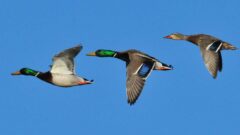Waterfowl Hunters: What You Need to Know about Invasive Species
Help Stop The Spread Of Aquatic Invasive Species During Migratory Bird Hunting Seasons
Original Story: WI DNR
The Wisconsin Department of Natural Resources (DNR) reminds migratory bird hunters that they are essential partners in preventing the spread of aquatic invasive species in hunting areas and Wisconsin’s waterways. The steps hunters take before leaving a boat launch or access point are vital for protecting hunting habitat.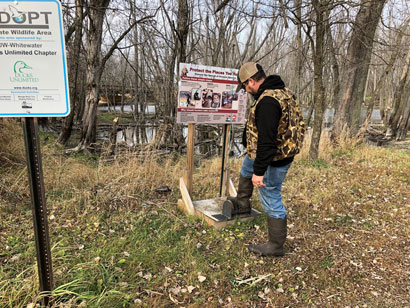
Invasives can hide in some of the most unsuspected places. Mud on your anchor can hide seeds, eggs or the larvae of tiny species, such as spiny water fleas. Water that collects in boats and decoys can carry diseases, and insects, snails and seeds can also collect under the vests of a hunting dog. Consider giving your dog a rinse with a jug of clean water or scrubbing them off with a brush while they go for a quick swim to prevent invasive species from hitching a ride to the next hunting spot.
Of particular concern to hunters is the Faucet snail. These snails carry parasites that can kill ducks if they eat them. Learn more about how hunters can help prevent the spread of invasive species and minimize these risks on the DNR’s Invasive Species Prevention webpage or by visiting the “Hunter Resources” tab on the Waterfowl Hunting webpage.
Members of Wisconsin’s Aquatic Invasive Species Partnership may be available in your area to provide presentations and other outreach for hunt clubs and other organizations. They and your Regional DNR Aquatic Invasive Species Biologist can answer specific questions about any aquatic invasive species where you plan to hunt.
Find your county Aquatic Invasive Species contact on the DNR’s website. Many of these folks will visit boat launches during the hunting season to provide on-the-spot education, boat towels and boot brushes. 
Just a few minutes of preventative action can protect our hunting tradition for generations to come. Before launching into and leaving a water body, hunters should:
- Inspect waders, boats, trailers, motors and hunting equipment, including boots, blinds and dogs, before leaving a boat launch or access point.
- Remove all plants, animals and mud to the best of your ability. A special consideration for waterfowl hunters is to remove all seed heads and roots when using vegetation to conceal duck blinds. It is also important to note that it is illegal to use phragmites for camouflage in counties where the plant is prohibited by NR40. In general, these counties include the western half of the state.
- Drain all water from decoys, boats, motors and other hunting equipment.
- Never move plants or live fish away from a water body.
For more information about aquatic invasive species, including where they are prohibited and restricted in Wisconsin, visit the DNR’s Invasive Species webpage.
Photo Credit: Chris Acy, Wisconsin DNR
Questions? Comments? Contact Chris Acy, the AIS Coordinator covering Brown, Outagamie, Fond du Lac, Calumet, and Winnebago Counties at (920) 460-3674 or chris@fwwa.org!
Follow the Fox Wolf Watershed Alliance on our Fox-Wolf Watershed Alliance Facebook page or @fox_wolf_watershed_alliance on Instagram! You can also sign-up for email updates at fwwa.org.
The Fox-Wolf Watershed Alliance is an independent nonprofit organization that identifies and advocates effective policies and actions that protect, restore, and sustain water resources in the Fox-Wolf River Basin.
Reporting invasive species is a first step in containing their spread. Maintaining and restoring our waters and landscapes can reduce the impacts even when we don’t have other management options to an invasive species.
The post Waterfowl Hunters: What You Need to Know about Invasive Species appeared first on Fox-Wolf Watershed Alliance.
Fox-Wolf Watershed Alliance
https://fwwa.org/2024/09/28/waterfowl-hunters-what-you-need-to-know-about-invasive-species/?utm_source=rss&utm_medium=rss&utm_campaign=waterfowl-hunters-what-you-need-to-know-about-invasive-species

